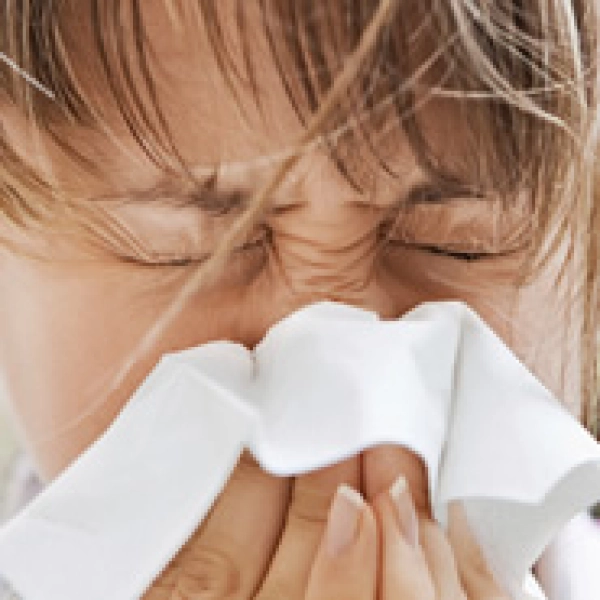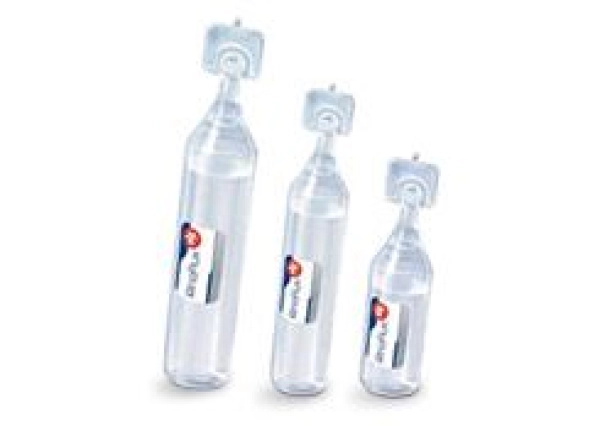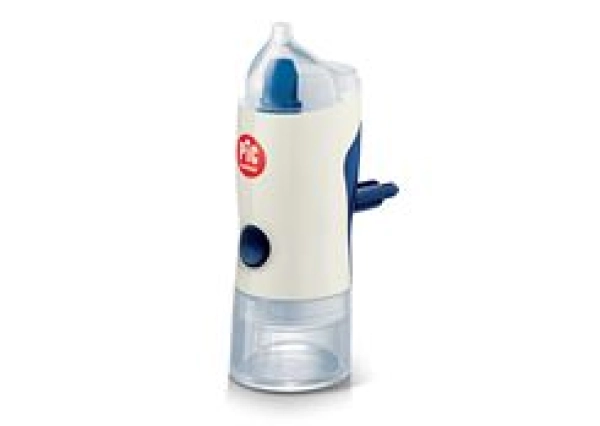

If you want to avoid colds or other seasonal illnesses of the airways, learn to keep your nasal passages clean. The recommended solution for you is a nasal rinse with saline solution, a mixture of water and mineral salts that will get rid of all the secretions produced by the nose. In principle, you could do it on a daily basis and not just in winter. In that case, there are various devices for doing it: the easiest and most convenient one is the nasal spray.
iIf you have rhinitis symptoms instead, which is a type of allergy of the airways, you'll need something more intense than a spray, like a micronized nasal wash, for example, a device that's connected to a piston nebulizer which allows you to clean deep down into the nasal cavity. What does it do for you? As well as guaranteeing perfect cleanliness, nasal washing also gets rid of pollen, which is one of the main culprits when it comes to allergic rhinitis
Nasal washing keeps the mucous lining moist, which is important as moisture can be reduced by the presence of mucous: you'll have noticed that, because your nostrils will have felt "dry". If you suffer from acute rhinitis, nasal washing will drastically limit the length of the infection and you'll almost be able to say goodbye to any condition that could otherwise turn chronic.
If your doctor recommends that you start nebulizing, it means that the inflammation of your respiratory system can't be solved with a few nasal washes. In that case, there are 2 types of medication that you can use, based on what your doctor prescribes. There are mucolytics, if your airways are blocked with catarrh, or bronchodilators, which relax the muscles of the lungs and help to alleviate the symptoms of an asthma attack, for example.



